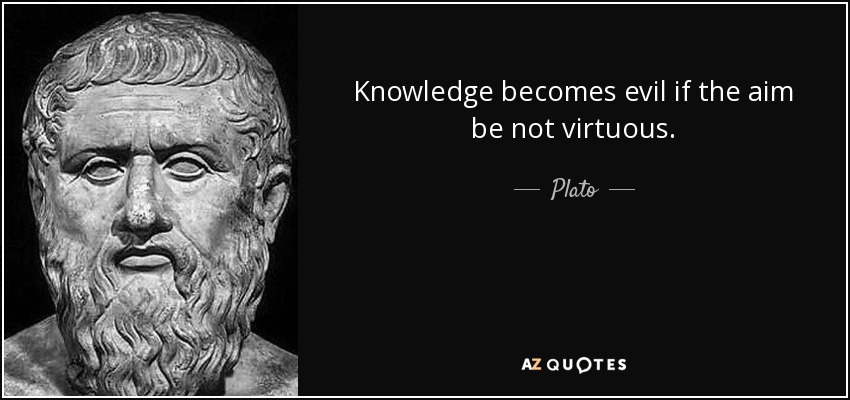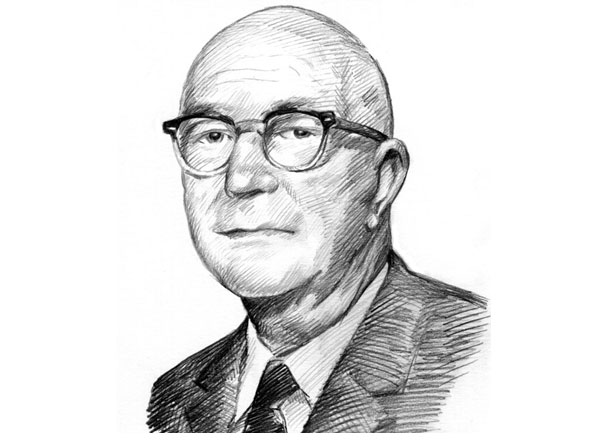How Can A Stereotype You Don’t Believe Affect You?
Stacey Goguen Boston University One of the striking aspects of stereotype threat is that it demonstrates ways in which a stereotype that you might not necessarily believe (and perhaps even likely do not believe) can nonetheless significantly affect you cognitively and psychologically. For instance, math majors who are primed to think about …







